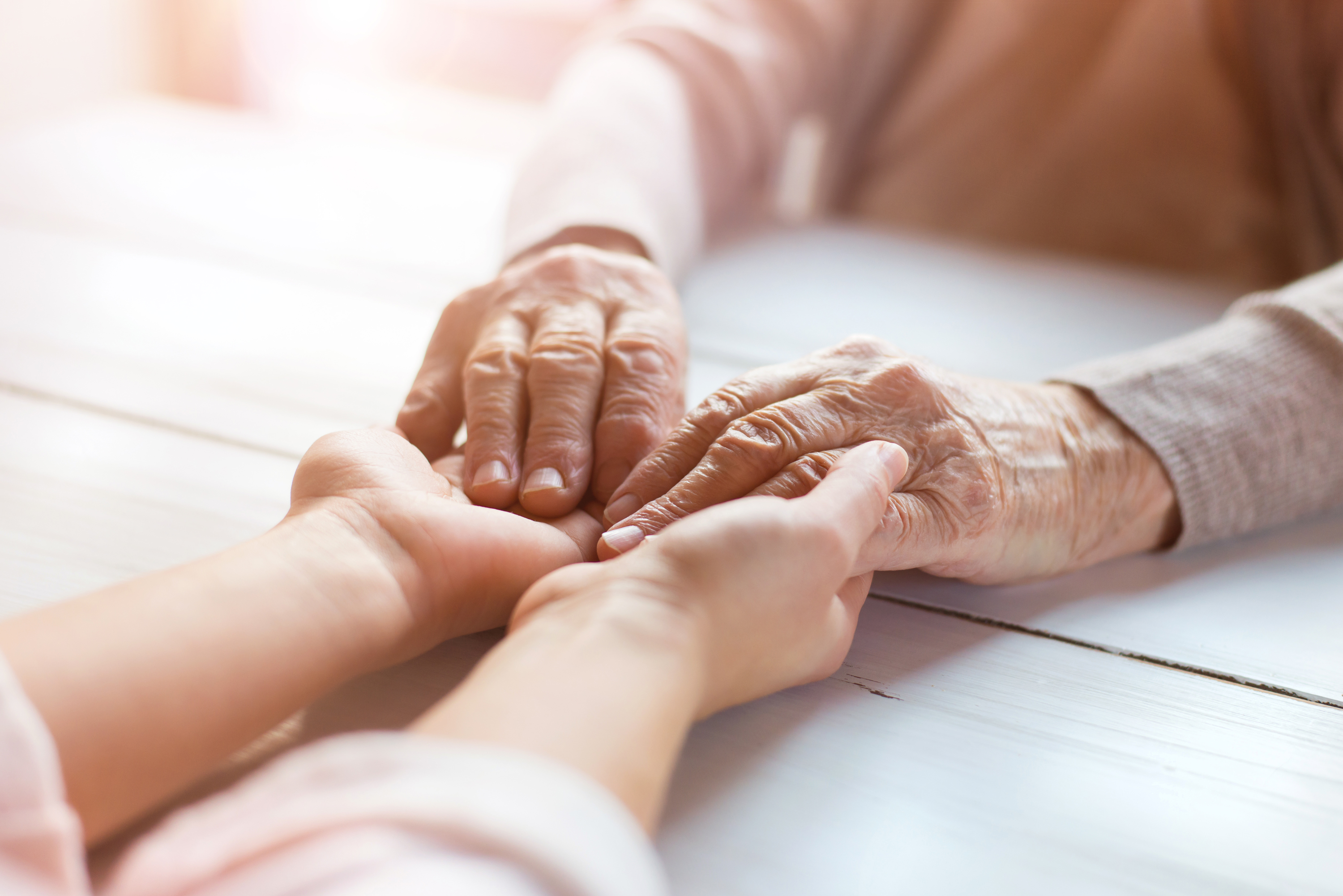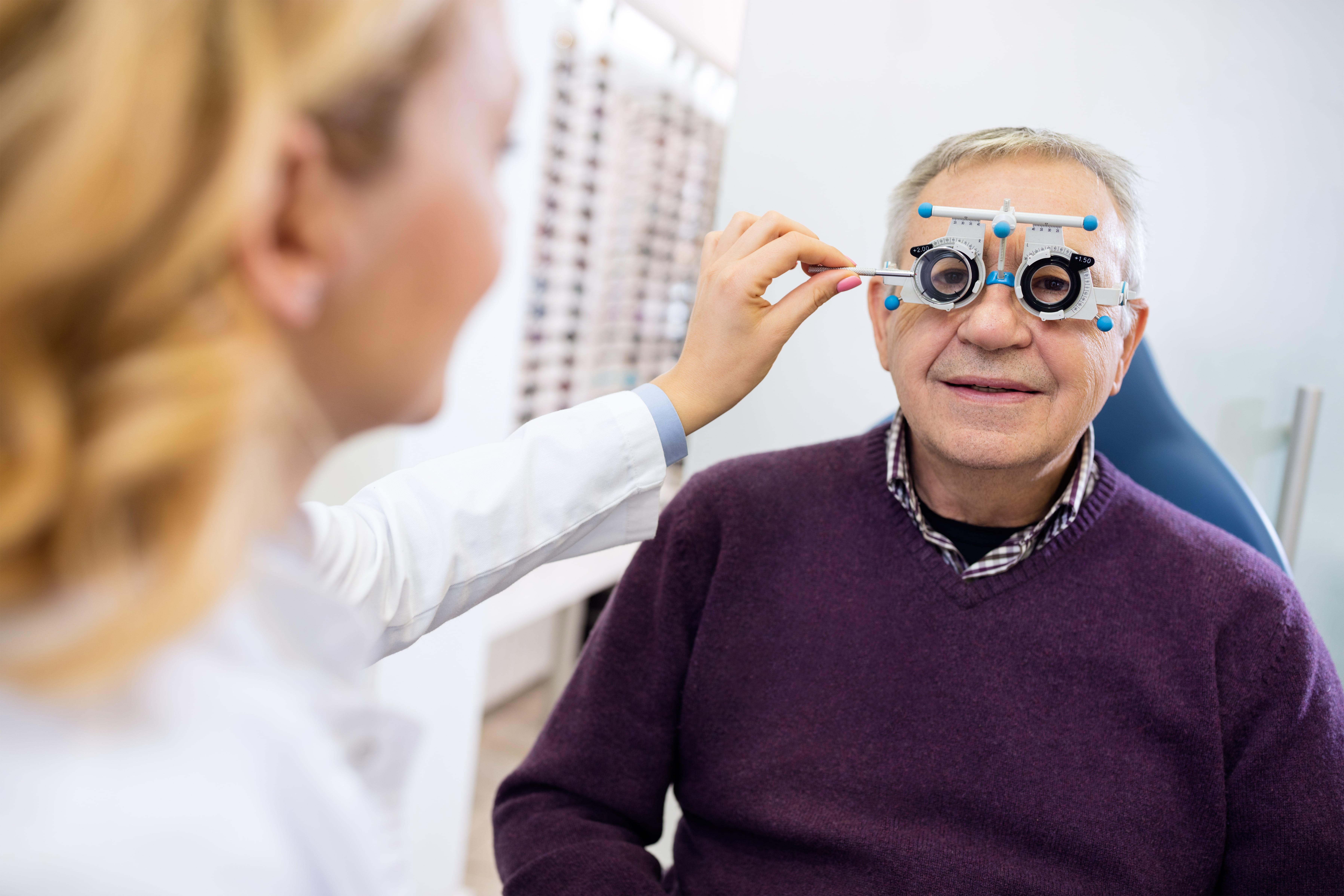Resources
Mobile Resource Library Tabs
Filters
Search
Categories Navigation
Asset Publisher
Content with Topic Health and Wellness Services .
Resources

Preparing for Your Future After an Early Onset Dementia Diagnosis
A diagnosis of dementia can be devastating no matter your age. However, older adults, especially those over the age of 65, tend to be more aware of the possibility of dementia, and know that their risk statistically increases each year. But for younger adults, being diagnosed with dementia between the ages of 30 and 60 is not only upsetting—it can be outright shocking.
Read MoreBy Julie Hayes | 03/15/2022

What to Know About Dementia Screening and Assessment Tools
If you’re a family member, friend or caregiver who suspects a loved one might have dementia, it’s important to know about cognitive screening and assessment tools. Since there is no one biological marker or blood test to pinpoint dementia, cognitive tests help doctors evaluate the state of your loved one’s memory, recall, language recognition and ability to follow instructions. If you plan to bring your loved one to a doctor, a combination of tests may be used to screen your loved one for dementia. And, if you are hesitant to consult a doctor just yet, many of these tests include questions that you can try asking your loved one yourself to help you confirm your suspicions.
Read MoreBy Julie Hayes | 02/15/2022

Annual Caregiving Conference: Engaging Caregivers in Evidence-Based Programs
The conference explores successes and challenges in the dissemination of evidence-based programs to family and friend caregivers. Keynote speaker, Erin Long, MSW, Team Lead, Alzheimer's Disease Programs Initiative of the Administration for Community Living, discusses experiences with engaging caregivers in programs and services, along with marketing strategies. Presentations also highlight experiences of organizations engaging caregivers and delivering evidence-based programs, including strategies to overcome barriers that keep caregivers from enrolling in support programs, and lessons learned through their marketing efforts.
WatchBy David Bass, Rachel Cannon, Erin Long, Branka Primetica, Donna Barrett, Christine Jensen, Ginger Ragans, Lisa Weitzman | 01/24/2022

Caring for Loved Ones with Intellectual and Developmental Disabilities and Dementia
Caring for a loved one with intellectual and development disabilities (IDD) already presents a unique set of challenges from those faced by most caregivers. When a loved one with IDD presents with changes in behavior, memory and sometimes mobility, those challenges are then joined with the challenges of being a dementia caregiver—and can often feel confusing, overwhelming and at times even too much to handle.
Read MoreBy Julie Hayes | 01/18/2022

Helping Older Adults Live Well with Age-Related Vision Loss
Changes in vision are common in older adults. According to statistics from the American Foundation for the Blind, over 6.1 million Americans aged 65 and older experience some form of vision loss. Loss of vision can be overwhelming for a loved one, especially since it can affect many different parts of life from the ability to drive safely to being able to take part in hobbies like reading or doing jigsaw puzzles. However, thanks to improved treatments and assistive devices, there are options we can explore to make it much easier for loved ones to preserve as much of their vision as possible and continue to live safely and independently at home.
Read More01/18/2022
